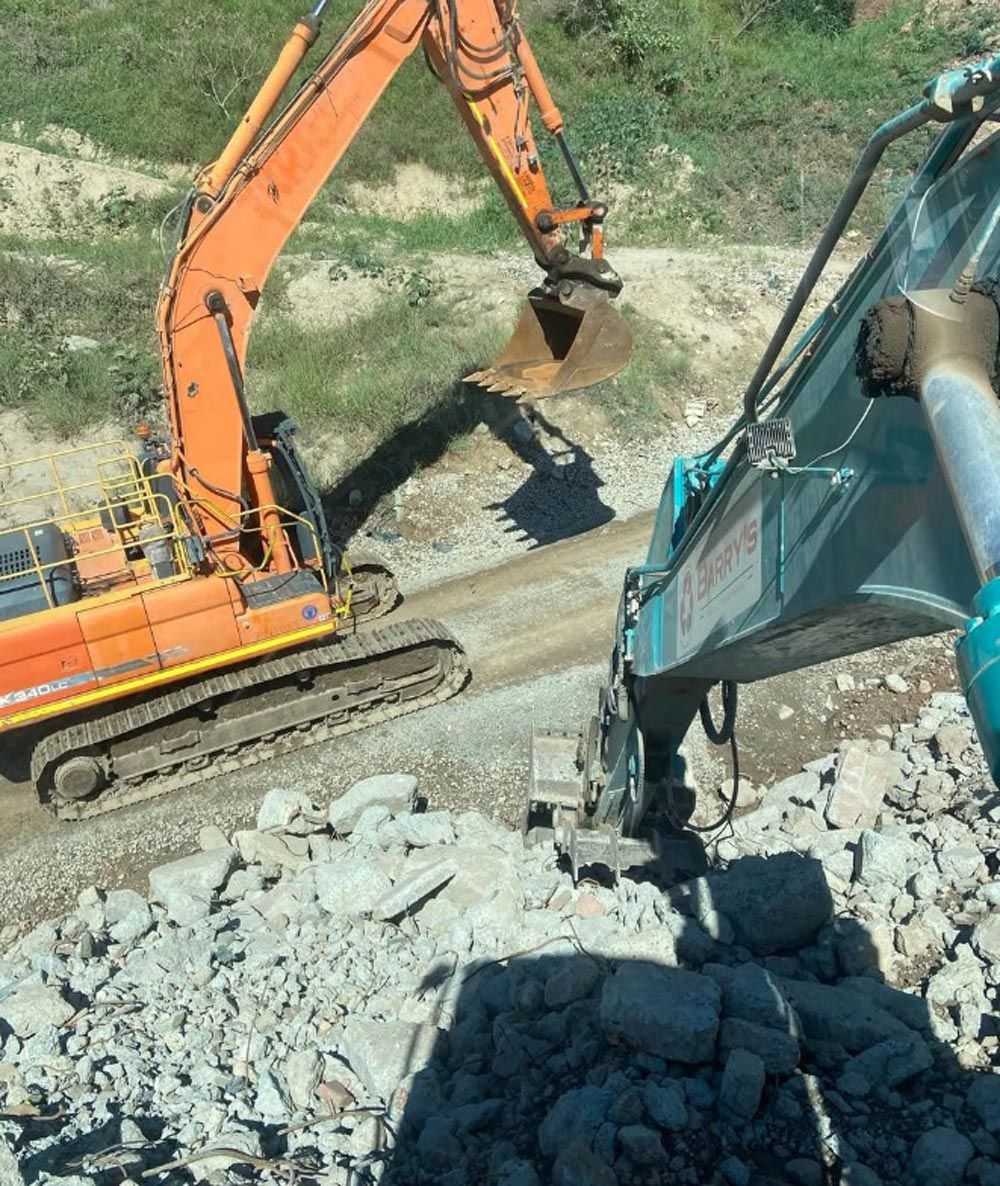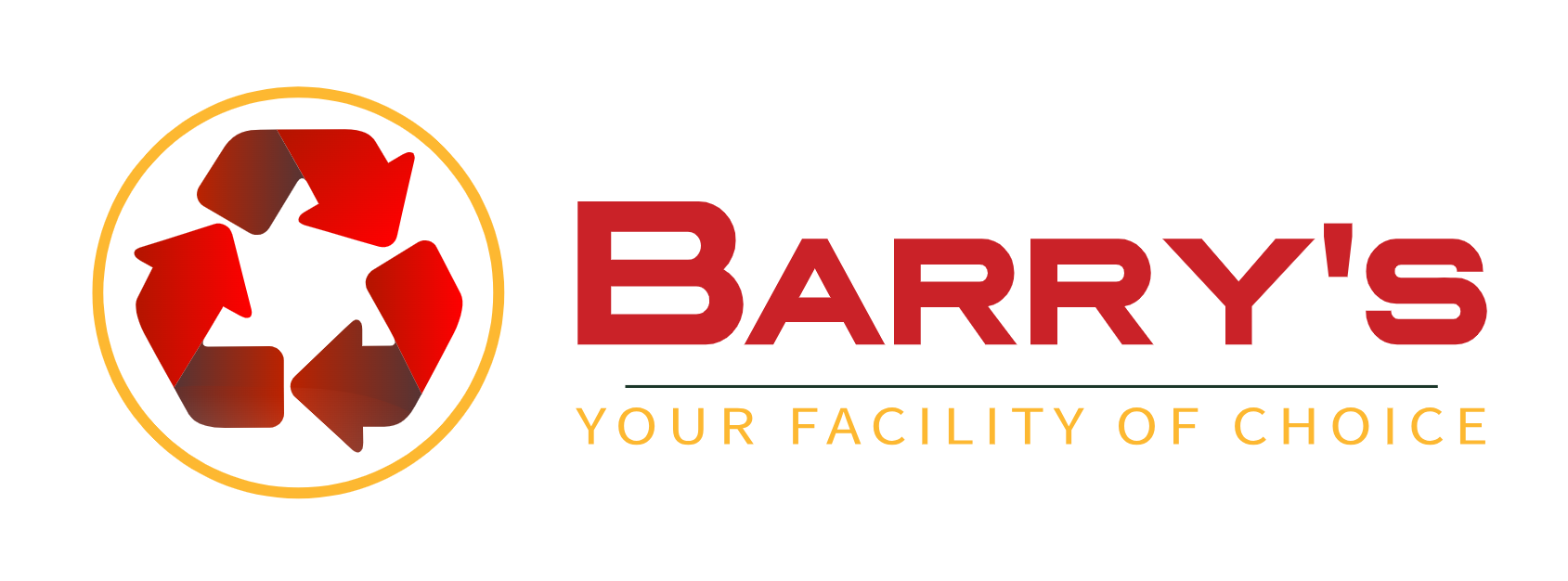Why Brisbane Builders Are Shifting To Recycled Concrete
In Brisbane’s construction industry, a noticeable shift is taking place. Builders are moving away from traditional quarry-sourced concrete in favour of recycled alternatives. This change isn’t just a matter of environmental consciousness—practical, on-the-ground benefits drive it. With increased development across the city, builders face the dual challenge of managing waste efficiently while sourcing reliable materials on tight deadlines. Recycled concrete and aggregates offer a solution that balances both environmental and economic considerations.
Let’s examine why builders are making the switch, the benefits it offers, and how recycled materials compare to traditional options.
Rising demand for recycled materials in Brisbane’s construction market
Brisbane is experiencing rapid growth, which in turn leads to an increased volume of construction and demolition activity. This surge means more concrete waste—and consequently, a greater demand for effective ways to reuse it.
- Construction and demolition sites across the city are generating significant amounts of concrete waste that no longer has to end up in landfill.
- Recycled concrete aggregate is now commonly used in road base, foundations, pathways, and other building applications.
- Builders are under pressure to meet sustainability expectations, stay within budget, and manage tight schedules. Recycled materials support all three.
- Local processing and supply centres make it easier to integrate recycled materials into the construction cycle without delays.
This growing demand reflects a broader industry trend towards resource efficiency and smarter material management.
Why builders in Brisbane are choosing recycled concrete
For many builders, recycled concrete offers more than just a way to reduce environmental impact. It also makes logistical and financial sense.
- Reusing waste from demolition projects on-site or nearby reduces disposal costs and transport requirements.
- Locally sourced recycled aggregate provides a dependable and timely supply of material, especially during peak construction periods.
- The growing focus on sustainability across both private and government sectors is pushing builders to adopt lower-impact alternatives.
- Regulations around waste disposal and landfill use are becoming stricter, making recycling a more attractive and compliant option.
These advantages make recycled concrete not just a greener choice—but a more strategic one.
Key benefits of using recycled aggregate in Brisbane projects
Recycled aggregate delivers multiple benefits that suit the fast-paced, cost-sensitive environment of Brisbane’s construction sector.
- Cost-effective: Recycled materials typically cost less than quarried aggregate, reducing overall project expenses.
- Environmentally responsible: Using recycled concrete cuts demand for virgin resources and lowers emissions from transport and extraction.
- Readily available: With local recycling centres in operation, builders can access materials without long lead times.
- Versatile: Recycled aggregate is used for various applications, including driveways, road bases, slab preparation, and landscaping.
The practical value of recycled aggregate goes beyond eco-credentials—it’s about working smarter on every job.
Quality comparisons: Recycled vs traditional aggregate
Concerns about quality used to hold some builders back, but that’s changing. Recycled aggregate, when processed properly, performs well across a range of uses.
| Feature | Traditional Aggregate | Recycled Concrete Aggregate |
|---|---|---|
| Source | Natural rock, quarried | Crushed concrete waste |
| Environmental impact | High | Lower |
| Cost | Standard market rate | Typically lower |
| Structural performance (non-load-bearing) | Proven | Proven when processed correctly |
| Suitability for drainage/road base | High | High |
- Processing removes contaminants, separates fines, and ensures the material meets required specifications.
- Builders now rely on recycled aggregate for compacted fill, drainage layers, and concrete sub-bases.
- While structural concrete may require tighter control over material properties, most day-to-day construction uses are well-served by recycled options.
Performance is no longer a compromise—it’s a proven solution.
Sustainability & compliance: How recycled aggregate supports green building
Builders are increasingly working on projects where sustainability is a priority—whether for council approval, environmental certifications, or client preferences.
- Recycled aggregate reduces construction waste and supports the principles of a circular economy.
- It helps meet green building standards and sustainability benchmarks for public and private developments.
- Sourcing recycled materials locally reduces transportation emissions.
- By diverting concrete from landfill, builders demonstrate environmental responsibility to clients and regulators alike.
Recycling materials on or near-site creates a closed-loop system that aligns with long-term sustainability goals.
Practical applications on Brisbane sites: Where recycled concrete works best
Recycled concrete is proving its worth on a wide range of construction and landscaping projects.
- Foundations & slab prep: Crushed concrete provides a stable, compactable base for slabs and paving.
- Road base & access ways: Recycled aggregates are ideal for both temporary and permanent access roads, due to their solid load-bearing properties.
- Driveways & carparks: Builders use graded recycled material for sub-layers and surface preparation.
- Drainage & landscaping: Coarser recycled aggregates support efficient water movement and reduce erosion in landscaped areas.
Builders value the flexibility of recycled products across various projects, including civil, commercial, and residential jobs.
Cost-saving outlook & supply chain advantages in Brisbane
When considering overall project economics, recycled concrete offers significant financial and operational benefits.
- It offers competitive pricing compared to virgin aggregate, helping keep budgets in check.
- With reduced tipping fees and fewer trips to disposal sites, builders cut costs on waste management.
- Delivery from local recycling facilities means fewer transport delays and lower logistics expenses.
- Recycled aggregate suppliers often offer bulk discounts and flexible load sizes to suit different job types.
The supply chain efficiencies, combined with lower material costs, create a compelling business case.
Choosing the right partner for recycled concrete aggregate supply
Not all recycled materials are equal. Builders need a supplier that understands both the material and the needs of construction projects.
- Look for providers that offer clear information about product grades and applications.
- Ensure the supplier maintains quality control throughout processing.
- Reliable delivery is critical, especially for large or time-sensitive builds.
- Integrated waste services—such as concrete drop-off and aggregate pickup—can streamline site logistics and operations.
- Consistent stock levels and flexible delivery times help avoid site delays.
A good supply partner makes recycled concrete an asset—not a headache.
Ready to build smarter with recycled aggregate?
If you're working on a residential or commercial construction project in Brisbane, it's worth considering recycled concrete as part of your material mix. It’s practical, cost-effective, and aligns with the construction industry’s shift toward more sustainable methods.
At Barry’s Recycling, we specialise in concrete recycling and supply of high-quality recycled aggregate across Brisbane. Whether you need road base, crusher dust, or 10 mm and 20 mm aggregate, we’ve got you covered.
Let’s work together to build a cleaner, smarter Brisbane—one load at a time.









